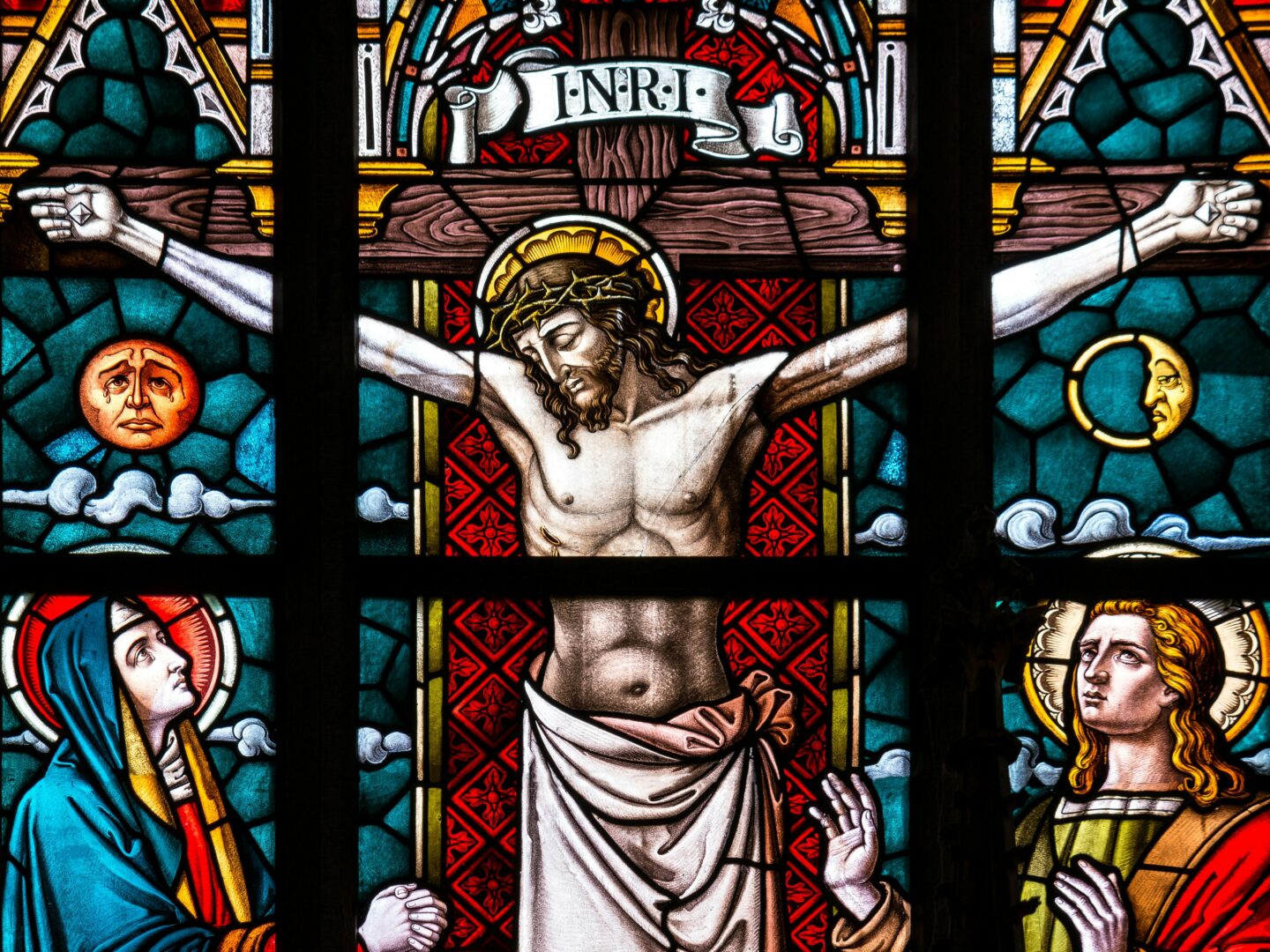Soon, probably next week, Connecticut Gov. Dan Malloy will sign into a law a bill that abolishes the death penalty in his state. When he does, Connecticut will be the fifth state to enact such legislation in as many years — and the third with a governor who was raised Roman Catholic.
As a younger man, Malloy supported the death penalty. But after working as a prosecutor in Brooklyn, he saw the possibility for human error in the justice system and changed his mind.
“I don’t want to overemphasize my Catholicism here,” the governor, who grew up in a family of eight children and went to Jesuit-run Boston College, told me. “But I know my religion. I know religions in general. In the New Testament, the one place where Jesus talks about the death penalty, he says, ‘Let he who is without sin cast the first stone.’ When I’ve reflected on the death penalty, the reality is I frequently ponder that passage.”
Powerful, vocal Roman Catholics have been much in the news of late, mostly for their hard-line positions on abortion and birth control, and their self-serving rhetoric on the subject of religious rights in the health-care debate. But Catholic activists are playing another political role, too — under the radar — on an issue that hasn’t made the same sorts of headlines.
They are helping to turn the tide of public opinion in the United States against the death penalty. (According to a Pew poll earlier this year, about a third of Americans now oppose capital punishment, up from 18 percent in the mid-1990s.) And they are appealing to the consciences of Roman Catholic politicians to do it.
The sanctity of human life is central to Catholic theology, and for death penalty opponents, this sanctity extends as much to living men and women convicted of capital crimes as it does to embryos and fetuses. Malloy’s change of heart is reflected in the opinion of the Roman Catholic hierarchy, for 30 years ago, popes and bishops were not so clearly emphasizing their opposition to capital punishment.
In November, a delegation of international death-penalty opponents was invited to a private audience with Pope Benedict XVI. There, the pope praised and encouraged “the political and legislative initiatives being promoted in a growing number of countries to eliminate the death penalty.”
In 2011, on Ash Wednesday, Gov. Pat Quinn signed legislation that abolished the death penalty in Illinois. Quinn attended Catholic schools as a child and went to Georgetown University but had long supported capital punishment.
After the bill passed in the Illinois legislature, he pondered his decision for months — for, as he puts it, “there are people of great conscience on both sides of this debate.” During that time, he received a visit from Sister Helen Prejean, the author of “Dead Man Walking,” and a call from the Catholic death-penalty opponent Martin Sheen. For guidance, he read Scripture, and on the morning he signed the bill, he read from the writings of the late Chicago Cardinal Joseph Bernardin. Afterward, news reports said he “looked drained.”
“I felt it was one of the most important things I’ve ever done in my life,” he says now. The archbishop of Chicago, Cardinal Francis George, called to thank him, he says.
He has since become part of the country’s informal network of prominent Catholic death-penalty opponents. He phoned Malloy to offer his congratulations on the passage of Connecticut’s bill and has told California Gov. Jerry Brown — who had at one time considered becoming a priest — that he supports anti-death-penalty efforts in his state.
Before the vote in Connecticut, the Society of St. Egidio, an international group of lay Catholics based in Rome, sent letters to key Catholic members of the state Senate, appealing to their consciences. “I am sure that it will be possible,” the letter said, enticingly, “to create a special event at the Coliseum in Rome to tell the world that Connecticut has taken the lead to abolition. . . . The world will be able to love your state even more than now.” Mario Marazziti, St. Egidio’s spokesman, said the letter helped to swing undecided votes in support of abolition.
Malloy isn’t interested in such appeals to vanity or legacy. He wants to work on education reform. “Nobody remembers who the governor of Wisconsin was when Wisconsin outlawed the death penalty in 1853.” But on the morality of death as punishment for crimes, Malloy believes the Gospels contain something like the first word. “Jesus Christ — he laid out what the standard was.”
